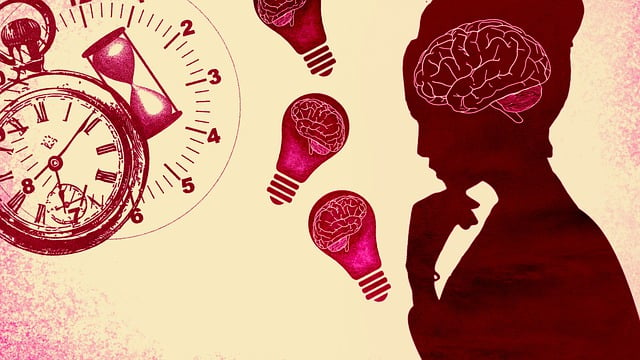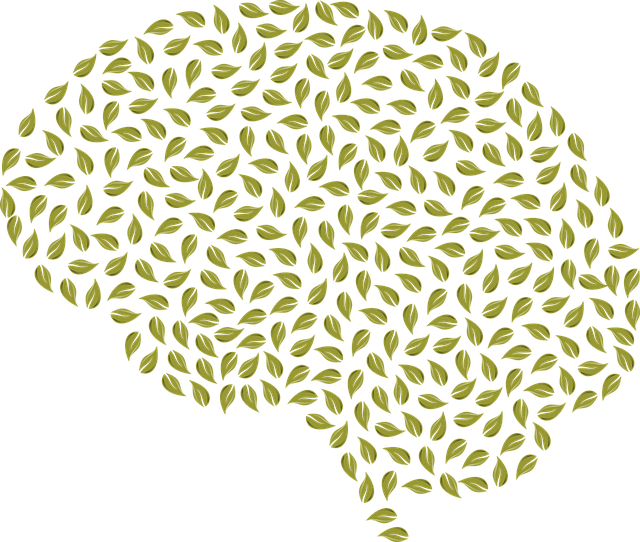Boulder Couples Counseling Therapy offers specialized support for relationships affected by trauma, creating safe spaces for couples to process individual and shared experiences. Through evidence-based techniques like CBT and EMDR, therapists help clients develop emotional intelligence, manage stress, and rebuild trust, ultimately enhancing their relationships' well-being. By integrating mental health policy advocacy, self-awareness exercises, and a holistic approach, Boulder Couples Counseling Therapy fosters long-term recovery and resilience for individuals and couples navigating trauma.
“Trauma, an indelible mark on the human psyche, necessitates specialized support services. This article explores the multifaceted approach to healing, focusing on Boulder Couples Counseling Therapy’s role in trauma recovery. We delve into the profound impact of trauma on individuals and relationships, highlighting ethical considerations for a trauma-informed practice. Effective strategies for providing support are outlined, emphasizing the importance of creating safe spaces. By understanding trauma’s complexities, we can revolutionize care, offering hope and healing through Boulder Couples Counseling Therapy.”
- Understanding Trauma and its Impact on Individuals and Relationships
- The Role of Boulder Couples Counseling Therapy in Trauma Support
- Creating a Safe Space: Ethical Considerations for Trauma-Informed Practice
- Effective Strategies for Providing Trauma Support Services
Understanding Trauma and its Impact on Individuals and Relationships

Trauma is a complex and profound experience that can leave lasting effects on individuals and their relationships. It’s important to understand that trauma doesn’t simply affect one person; it ripples through social connections, impacting families, friends, and communities. In the context of Boulder Couples Counseling Therapy, recognizing and addressing trauma is crucial for fostering healthy, resilient relationships.
When an individual experiences a traumatic event, their brain processes it differently, often leading to intense emotional responses and physical symptoms. This can disrupt their sense of self and others, making it challenging to maintain positive thinking and mental well-being. Mental Health Education Programs Design tailored to trauma awareness can empower individuals and couples with Self-Awareness Exercises to navigate these complexities. Through counseling, they learn to identify and process traumatic memories, rebuild trust, and strengthen the emotional bonds that sustain healthy relationships.
The Role of Boulder Couples Counseling Therapy in Trauma Support

Boulder Couples Counseling Therapy plays a pivotal role in trauma support by offering specialized services tailored to address relationship dynamics affected by traumatic events. Many individuals who have experienced trauma struggle with communication, trust, and intimacy issues within their relationships. Therapists skilled in this domain create a safe space for couples to process their individual traumas and learn effective coping strategies together. This collaborative approach not only fosters mental wellness but also strengthens the emotional bond between partners.
Incorporating practices like Mental Wellness Journaling Exercise Guidance, Boulder Couples Counseling Therapy encourages self-reflection and open dialogue. Through guided journaling, couples can identify triggers, process emotions, and gain insights into their trauma responses. This introspective process is further enhanced by the therapist’s guidance, enabling individuals to integrate healthy coping mechanisms into their daily lives. Additionally, advocates for Mental Health Policy Analysis and Advocacy within the therapy setting empower couples to navigate systemic barriers and access resources that support their long-term recovery and resilience.
Creating a Safe Space: Ethical Considerations for Trauma-Informed Practice

Creating a safe space is an ethical cornerstone of trauma-informed practice, particularly within the realm of Boulder Couples Counseling Therapy. This involves cultivating an environment free from judgment and danger, where individuals can process their traumatic experiences at their own pace. In this context, therapists must be mindful of fostering emotional intelligence, ensuring clients feel understood and validated. By prioritizing mental wellness, the therapeutic space becomes a sanctuary for healing rather than a trigger for additional stress or relive of trauma.
Ethical considerations extend to maintaining confidentiality, respecting boundaries, and promoting effective communication. Therapists should employ strategies that enhance stress management, recognizing that many individuals seeking trauma support may already be dealing with heightened anxiety or emotional vulnerability. Incorporating evidence-based techniques tailored to individual needs, Boulder Couples Counseling Therapy can provide a transformative experience, empowering clients to navigate their traumas and cultivate lasting resilience.
Effective Strategies for Providing Trauma Support Services

In providing effective trauma support services, a holistic approach that combines various therapeutic techniques proves beneficial. Boulder Couples Counseling Therapy emphasizes the importance of Emotional Intelligence, where counselors help individuals recognize and manage their emotions in response to traumatic events. This strategy enables clients to develop coping mechanisms tailored to their unique experiences. Integrating Mind Over Matter principles is another powerful tool; it encourages clients to reframe their thoughts and perceptions, fostering resilience and promoting a sense of control over their emotional well-being.
The counseling process should create a safe and non-judgmental space, allowing individuals to share their stories at their own pace. Trained professionals can utilize techniques such as cognitive behavioral therapy (CBT) and eye movement desensitization and reprocessing (EMDR) to help clients work through traumatic memories. By combining these evidence-based methods with a client-centered approach, trauma support services can effectively assist individuals in healing from past traumas and improving their overall mental health.
Boulder Couples Counseling Therapy plays a vital role in trauma support services, offering specialized care within an ethically sound, trauma-informed practice. By understanding the profound impact of trauma on individuals and relationships, therapists can create safe spaces that foster healing. Implementing effective strategies, as outlined in this article, ensures that trauma support services are accessible, sensitive, and transformative, ultimately empowering those affected by trauma to rebuild their lives.














